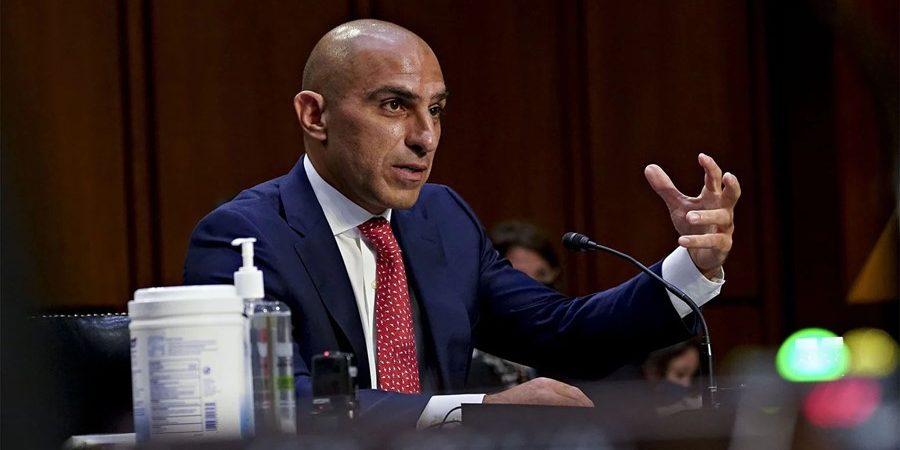The chairman of the US Commodity Futures Trading Commission, Rostin Banham, dispelled doubts about the struggle between the CFTC and the SEC for the authority to regulate the cryptocurrency market.
Speaking at a recent event in Manhattan, Rostin Behnam touched on the topic of cryptocurrency legislation. According to him, in order to pass any specific laws, it is first necessary to determine which cryptocurrencies are considered commodities and are subject to the supervision of the US Commodity Futures Trading Commission (CFTC), and which are securities, which should be controlled by the US Securities and Exchange Commission (SEC). ). Benham suggested that this issue is unlikely to be resolved due to the upcoming elections.
Regulators have recently made several public appearances regarding their powers regarding cryptocurrencies. Benham once again confirmed his belief that the two largest cryptocurrencies – bitcoin and ether – belong to the category of goods. However, SEC Chairman Gary Gensler recently raised the question of whether Ethereum should be considered a security due to the transition of the Ethereum network to the Proof-of-Stake (PoS) consensus algorithm.
Benham acknowledged that these discussions create a sense of separation between the two regulators. However, according to him, it is rather cynical to assume that the two agencies will not be able to deal with this issue and join forces. None of the proposed bills clarifies the classification of crypto assets, so Benham sees the best way out of the situation in the joint work of the CFTC and the SEC.
The current self-certification process provided by the CFTC for registering platforms should be sufficient for participants in the cryptocurrency market, even if there is doubt whether a certain crypto asset can be considered a commodity, Benham argues. He also rebutted the popular belief that the CFTC would become more favorable towards cryptocurrencies than the SEC. According to the CFTC, 20% of the agency’s enforcement actions in 2022 were directed to the digital asset market.
“The Million Dollar Question: How do we interact with the SEC when a product is in the gray area? Our enforcement actions speak for themselves. If we had more resources and tools, we could detect even more cases of fraud and manipulation of cryptocurrencies,” Benham said.
Previously, Benham has already appealed to Congress with a request to allocate $ 100 million to the department for stricter supervision of the cryptocurrency market.







